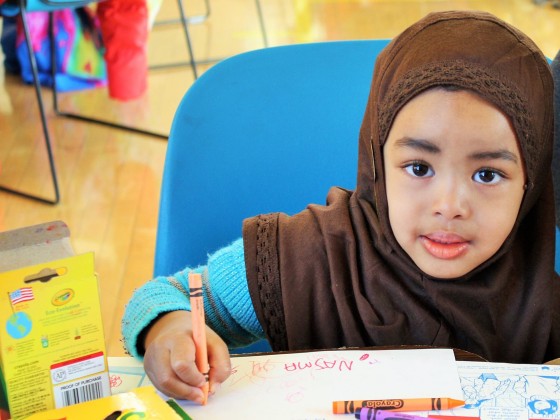1. IRCO: Immigrant and Refugee Community Organization
6.9 million Syrians have been displaced from their homes since 2011, creating an influx of (mis)information and opinion on immigration and refugees. It can be confusing on what is accurate and how to help. The Immigrant and Refugee Community Organization’s mission “is to promote the integration of refugees, immigrants and the community at large into a self-sufficient, healthy and inclusive multi-ethnic society.”
